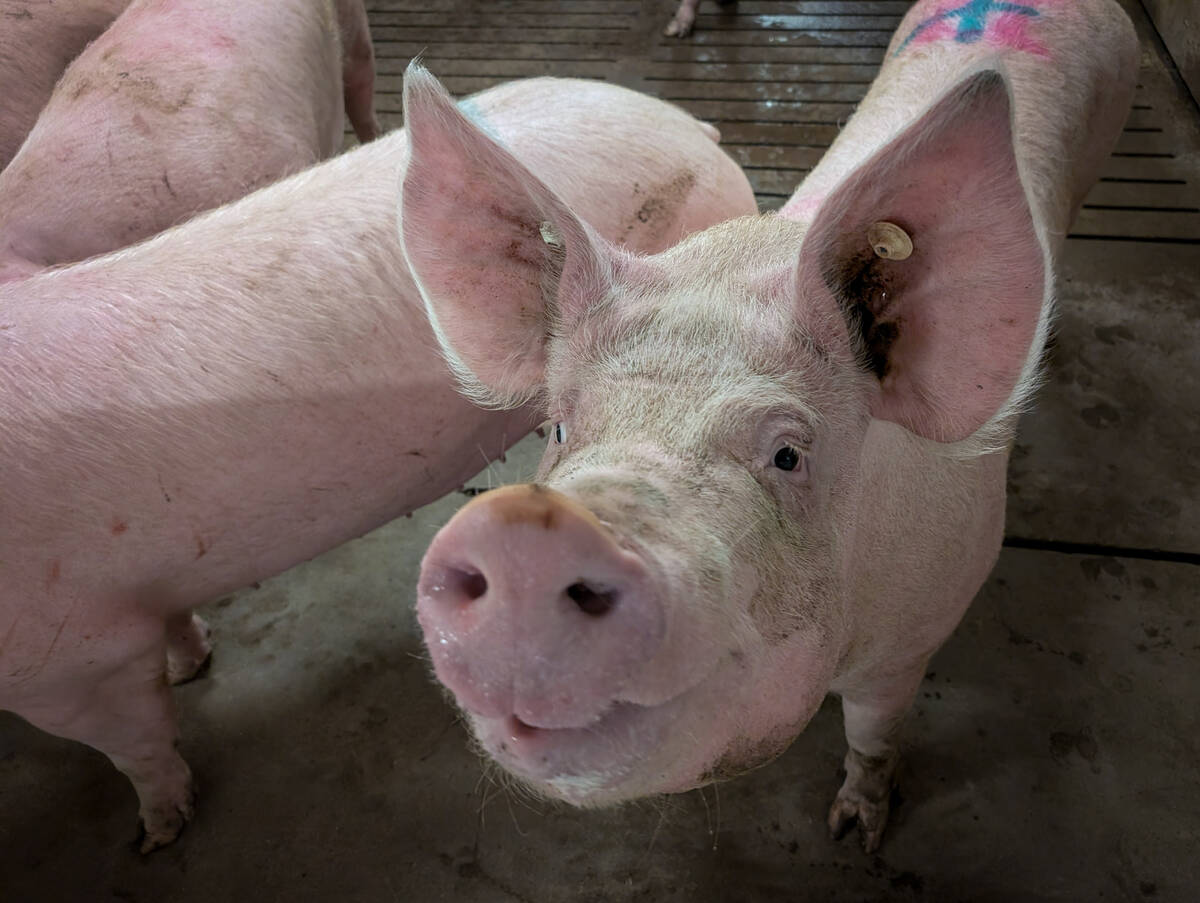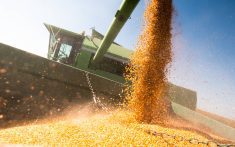Chicago | Reuters — Chicago Board of Trade corn soybean futures fell on Thursday, pressured by rain in key growing areas of the U.S. Midwest this week, traders said.
“I think it is probably confirmation of fairly widespread rain in areas that were in really dire straits,” said Chuck Shelby, president of Risk Management Commodities. “It was good timing.”
The recent rains also pressured corn futures for much of the session but the new-crop contracts eked out small gains after midday forecasts were drier than previous outlooks, traders said.
Read Also

Spain detects first swine fever cases outside initial Barcelona outbreak zone
Two African swine fever cases have been detected in Spain among wild boar for the first time outside an original outbreak area near Barcelona, prompting additional restrictions on the movement of people and livestock, regional authorities in Catalonia said on Friday.
Winter wheat futures eased on harvest pressure, but spring wheat was firm due to dry conditions in the northern U.S. Plains.
Chicago Board of Trade December corn, tracking the crop currently being grown in the U.S., settled up 1/4 cent at $5.36 a bushel after hitting its lowest since May 26 during the session (all figures US$). The nearby July contract was 11 cents lower at $6.53-1/4.
CBOT November soybeans were 8-1/2 cents lower at $12.91-3/4 a bushel, closing well above their session lows.
Soybeans notched their third straight day of losses, and their 11th in the last 12 sessions, despite a recent flurry of export deals.
The U.S. Agriculture Department on Thursday morning said that private exporters reported the sale of 132,000 tonnes of soybeans to China and 260,000 tonnes of soybeans to unknown destinations. USDA has announced similar deals twice this week.
CBOT September soft red winter wheat ended down 11-3/4 cents at $6.52 a bushel while MGEX September spring wheat closed three cents firmer at $8.05-1/4.
Plentiful global supplies of wheat added pressure.
Russia, the world’s largest wheat exporter, started harvesting its 2021 grain crop on Wednesday with bright prospects for another year of large production.
— Reporting for Reuters by Mark Weinraub in Chicago; additional reporting by Colin Packham in Canberra and Sybille de La Hamaide in Paris.














